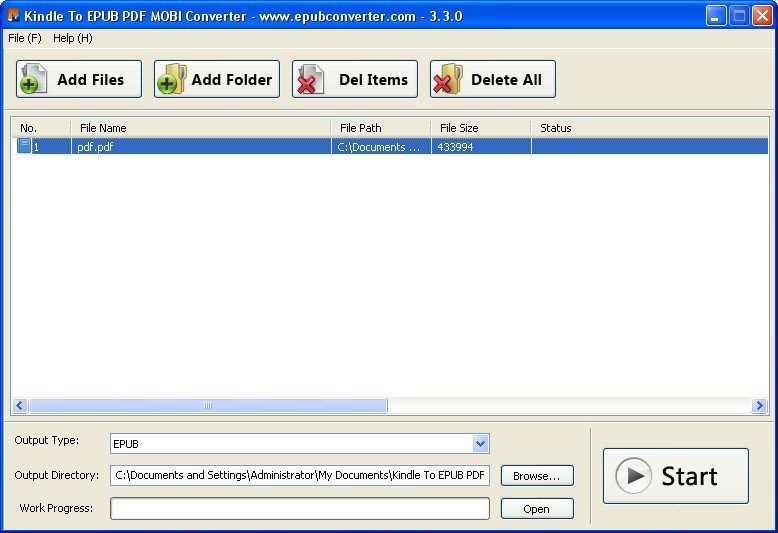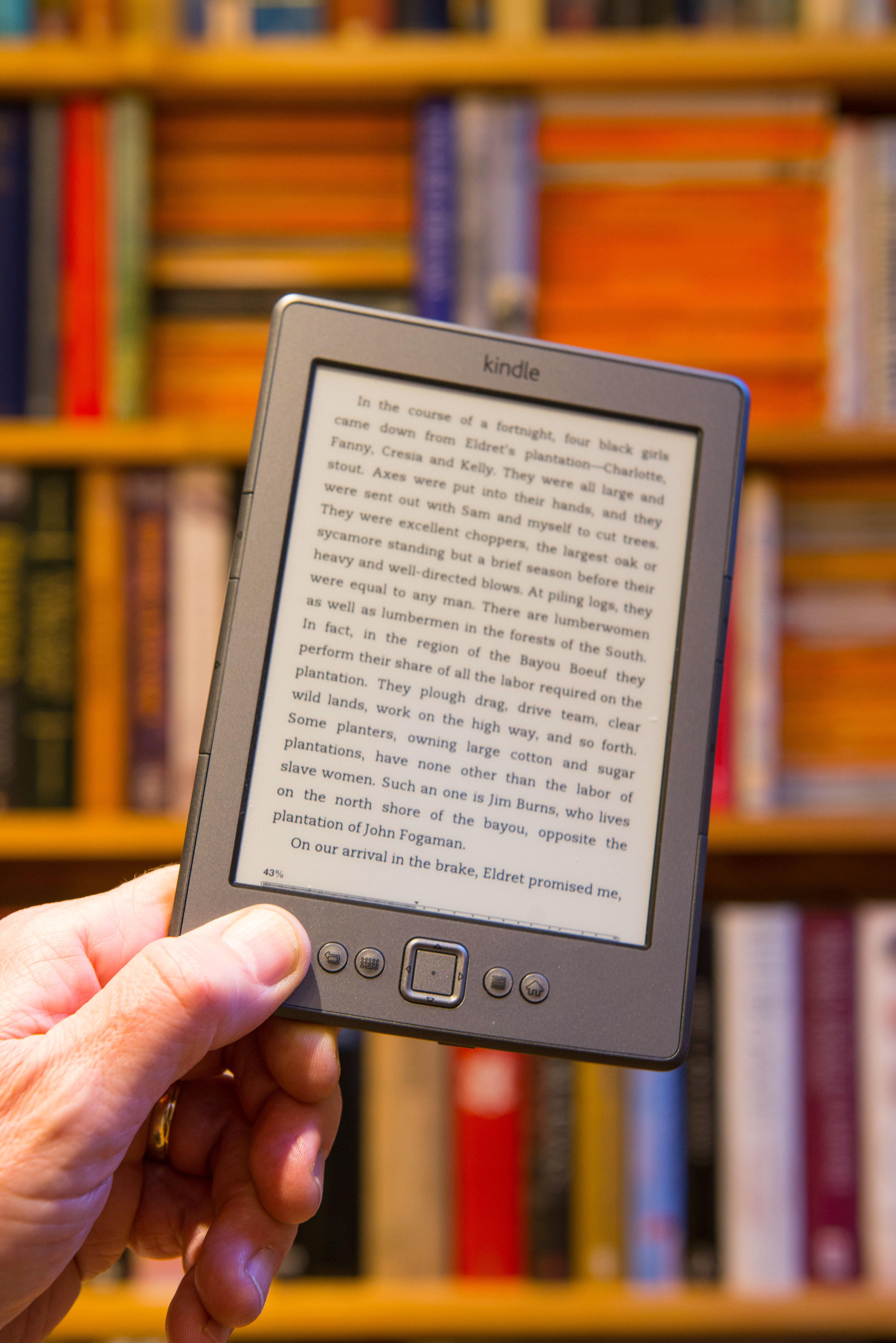
:max_bytes(150000):strip_icc()/Kindle-DX-575f1e2e5f9b58f22ef0ede4.jpg)
Most bookshops that sell ebooks ensure this by providing two types of files: ePub and Mobi.Įpub files work on almost any e-reader device and app, except Kindle readers or apps. One of the benefits of buying DRM-free ebooks is that you can read them on any of your favourite reading devices - Kindle, Nook, Kobo, phone or tablet. The change is interesting news for Kindle owners as well as publishers and independent online bookshops that sell ebooks direct. Send-to-Kindle converts these files to Kindle’s accepted formats and stores them in the reader’s Kindle library, to access on their e-ink device or smartphone app. Send-to-Kindle allows Kindle owners to e-mail compatible ebook files and documents to their own special Kindle email address. The date when MOBI support ends and and ePub support starts is still a vague "late 2022". The Android & iOS Kindle app does not support ePub yet, and still supports MOBI.Desktop applications do not support ePub yet, and still support MOBI.Sending through e-mail supports ePub and still supports MOBI for now.

Remember, when the change eventually does come into effect, your Kindle will still natively support and display any Mobi ebook files you load on to your reader by any means (such as over USB), other than emailed through the Send-to-Kindle service.Īs you can see on Amazon's Send-to-Kindle support page: UpdateĪmazon has updated their Send-to-Kindle support page to replace the cut-off date for Mobi support through Send-to-Kindle from "late 2022" to an equally vague "Beginning in early 2023.".

Instead, it will now support ePub ebook files sent to its Kindle device and apps through the service. Amazon recently announced that beginning in August 2022 it will no longer accept Mobi ebooks through its Send-to-Kindle service.


 0 kommentar(er)
0 kommentar(er)
